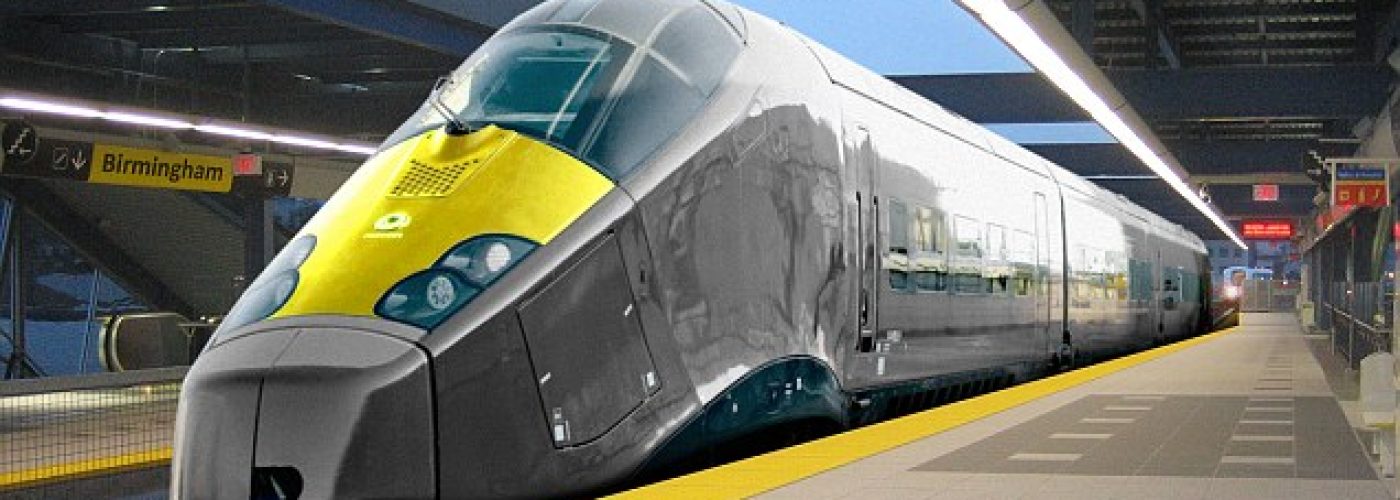High-speed rail connecting all of the UK mainland by 2050 would put “rocket fuel in Britain’s economy”, a leading transport think tank has proposed.
The move would shrink a long-standing productivity gap with countries such as Germany, Italy and France, Greengauge 21 said. It would also reduce an over-reliance on London by lowering journey times and allowing other cities to flourish, it added. A new connection in the West Midlands would see HS2 trains speed to cities such as Bristol, Cardiff, Newcastle and Edinburgh, reducing the need for environmentally harmful cars, the group suggested.
HS2 is a planned high-speed rail network, with trains holding more than 1,000 commuters travelling up to 250 mph, from London to Birmingham and to Manchester and Leeds.
Services on the London-Birmingham phase of the £56 billion network are predicted to open from 2026.
Greengauge 21 director Jim Steer said: “Britain lacks a long-term national railway strategy beyond HS2.
“We need a plan to put rocket fuel into our economic productivity and today’s report sets out proposals to do so.
“It is vital for the future of the country that no region is left behind, and the national railway strategy needs to reach all parts of the country.”
The report, titled Beyond HS2, said boosting national productivity should be the guiding priority for re-designing the rail network.





